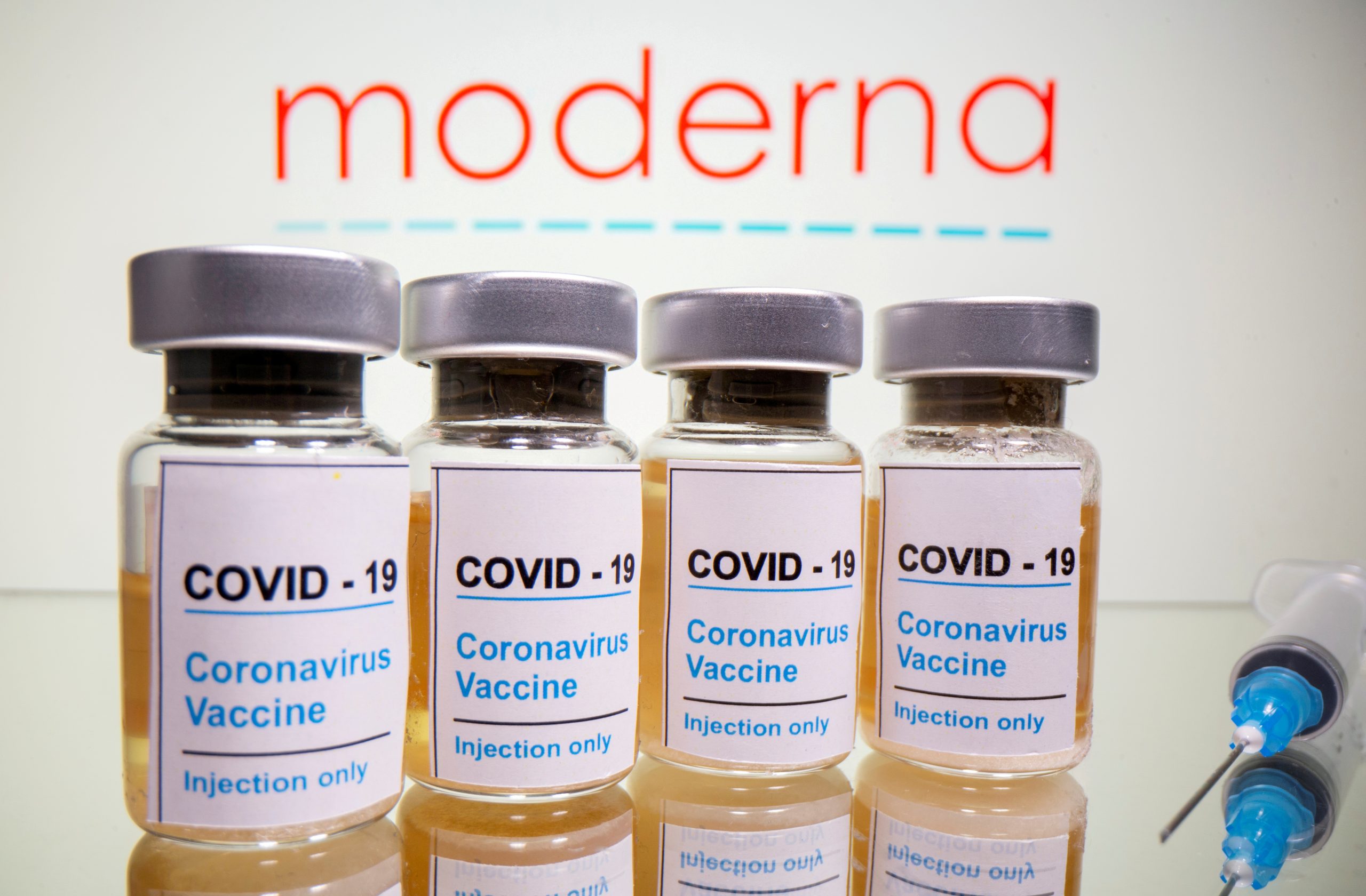Drugmaker Moderna last week announced it had paid out $400 million to settle a dispute over the company’s use of federally funded research at two universities that led to the development of a technique used in its coronavirus vaccine.
The so-called “royalties” will go to the National Institutes of Health, as well as Dartmouth and Scripps Research, where the technique was developed, according to The New York Times.
“If pharmaceutical companies are going to make billions of dollars, it seems reasonable that the scientists who helped generate some of the initial intellectual property and the universities also share some of the gains,” said Jason McLellan, a structural biologist who in 2017 led the team at the Geisel School of Medicine at Dartmouth that developed the technique.
“A lot of that will now be reinvested for future development and research,” he said.
The deal was reached in December, while Dr. Anthony Fauci was still the head of the National Institute of Allergy and Infectious Diseases, a part of NIH, according to the website FiercePharma.
The technique involves adapting the mRNA code within the vaccines to better fight off the coronavirus, the Times reported.
BioNTech, which along the Pfizer made a competing mRNA vaccine, also relied on the research and made a settlement.
“Moderna has benefited richly from government largess, and it does owe a public duty, but it’s been very begrudging and slow in acknowledging that public duty,” said Lawrence Gostin, a professor of global health law at Georgetown University.
He called the agreement “a small token in the right direction.”
Chris Ridley, a Moderna spokesman, said the company and government “have been engaged in productive discussions since 2020 regarding the licensing of certain patents related to COVID-19 vaccines. It was always our intention to reach an agreement, and we were pleased to have done so this past December.”
The agreement includes the $400 million payout and a slice of future coronavirus vaccine sales.
“We’re doing it not to benefit shareholders. This money is going to go right back into the kind of research that enables further lifesaving drugs and into educating people,” said Kim Rosenfield, Dartmouth’s director of technology transfer.
Philip Hanlon, the president of Dartmouth, said the agreement helps form a solid research partnership for the future.
“I think this gives you a model for partnerships where the basic, curiosity-based research did happen on a campus and led to eventually creating a product which saved millions of lives,” he said.
Development of the vaccine has led to a number of court battles over who should get the profits. Reuters reported that Pfizer and Moderna are locked in a suit that will go to trial next year over whose patents were used in developing their vaccines.
According to the website FiercePharma, Moderna had about $36 billion in coronavirus vaccine sales for 2021 and 2022.
According to a study in the journal BMJ, the overall American taxpayer investment in developing the coronavirus vaccines and implementing its vaccination program was $31.9 billion.
This article appeared originally on The Western Journal.

























 Continue with Google
Continue with Google